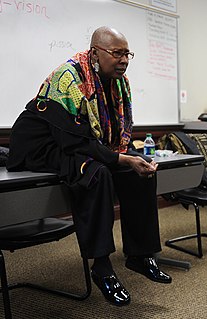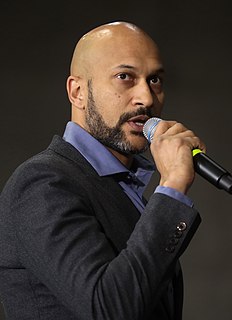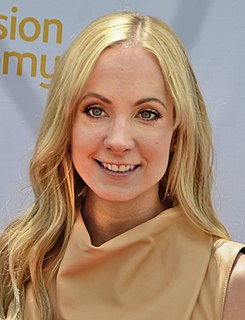A Quote by Judith Jamison
Since babyhood, I've always evolved from one thing to another. My mother gave me ballet lessons at 6 as part of her enthusiasm for the arts and for life. We went to museums, to the theater. While her own talent was untapped, she worked for church causes.
Related Quotes
One thing I did have under my belt was, my mother lost her mother when she was 11. She mourned her mother her whole life and made my grandmother seem present even though I never met her. I couldn't imagine how my mom could go on but she did, she took care of us, she worked two jobs and had four children. She was such a good example of how to conduct oneself in a time of grief. When I lost my husband, I tried to model myself as much as I could on her.
My mother didn't feel sorry for herself, she was left with no child support, no alimony at a very young age, with a child to raise, a high school education and she just figured it out. She didn't complain, she didn't rely upon government, she relied upon her own skill set, her own self confidence, her own drive in moxie and her own duty to me and her and she relied upon her family and her faith.
My adoptive mother tirelessly worked most of her life to build up my self-esteem. So what happened was finding her started to shed light and destroy my mythos. So for the first year of knowing her, my mom kind of actually literally visited me in Detroit and kind of gave me a tour of my life - where I was conceived, where I was born, where she found out she was pregnant. It was amazing, Terry, and very emotional.
wisdom is like a bottomless pond. You throw stones in and they sink into darkness and dissolve. Her eyes looking back do not reflect anything. I think this to myself even though I love my daughter. She and I have shared the same body. There is a part of her mind that is a part of mine. But when she was born she sprang from me like a slippery fish, and has been swimming away ever since. All her life, I have watched her as though from another shore.
Part a of scene from 'Bitterblue' between Madlen (Bitterblue's medicine woman) and Bitterblue: Madlen came to sit beside her [Bitterblue] on the bed. "Lady Queen," she said with her own particular brand of rough gentleness. "It is not the job of the child to protect her mother. It's the mother's job to protect the child. By allowing your mother to protect you, you gave her a gift. Do you understand me?
As I saw it, all my mother's life, my father held her down, like lead strapped to her ankles. She was buoyant by nature; she wanted to travel, go to the theater, go to museums. What he wanted was to lie on the couch with the Times over his face, so that death, when it came, wouldn't seem a significant change.
Her [Eleanor Roosevelt] father was the love of her life. Her father always made her feel wanted, made her feel loved, where her mother made her feel, you know, unloved, judged harshly, never up to par. And she was her father's favorite, and her mother's unfavorite. So her father was the man that she went to for comfort in her imaginings.
Mother is in herself a concrete denial of the idea of sexual pleasure since her sexuality has been placed at the service of reproductive function alone. She is the perpetually violated passive principle; her autonomy has been sufficiently eroded by the presence within her of the embryo she brought to term. Her unthinking ability to reproduce, which is her pride, is, since it is beyond choice, not a specific virtue of her own.
Was there another life she was meant to be living? At times she felt a keen certainty that there was ? a phantom life, taunting her from just out of reach. A sense would come over her while she was drawing or walking, and once while she was dancing slow and close with Kaz, that she was supposed to be doing something else with her hands, with her legs, with her body. Something else. Something else. Something else.
Her mother was a Christian Scientist who didn't believe in calling doctors. So when my mother caught whooping cough as a baby, stopped breathing and turned blue, her mother revived her by spanking her on the bottom. She saw life itself as a gift and saw her own survival as precious and a matter of chance.







































